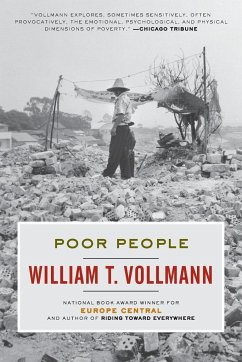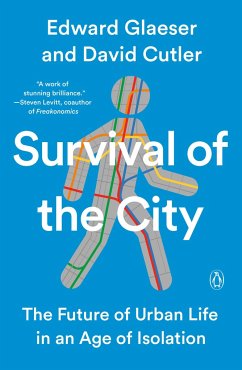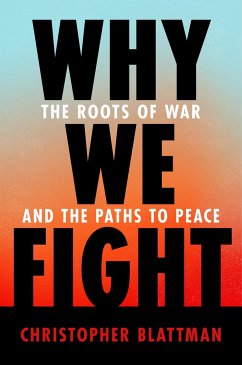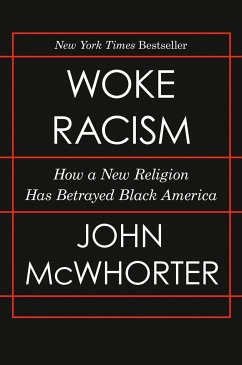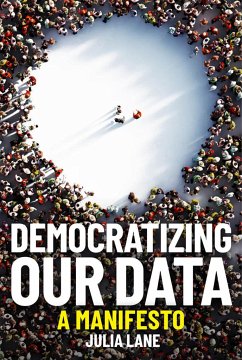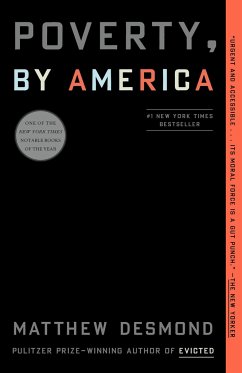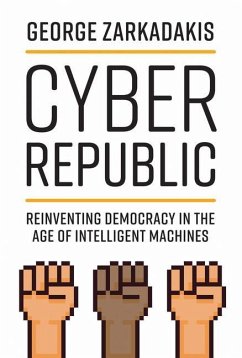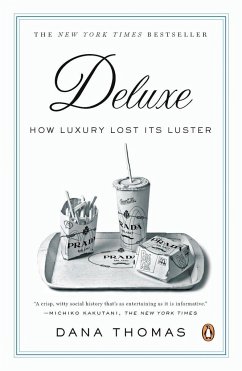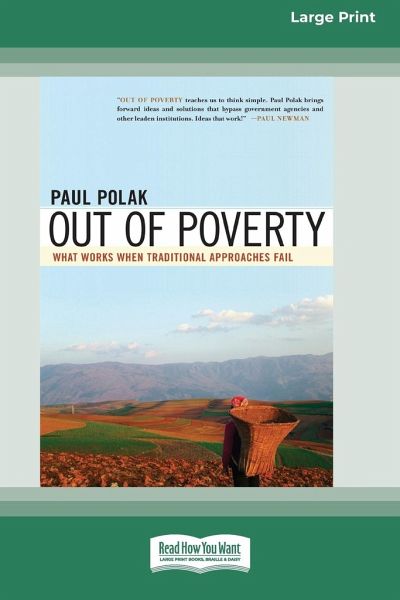
Out of Poverty
What Works When Traditional Approaches Fail (16pt Large Print Edition)
Versandkostenfrei!
Versandfertig in 1-2 Wochen
30,99 €
inkl. MwSt.

PAYBACK Punkte
15 °P sammeln!
For the past twenty-five years, two questions have kept my curiosity aroused: What makes poor people poor? And what can they do about their poverty? Because of these infernal questions, I've dozed off during hundreds of long jeep rides with good companions over dusty, potholed roads. I've had thousands of conversations with one-acre farmers with dirt on their hands. We've walked along their patches of ten-foot-high black pepper vines in the central hills of Vietnam beside jungle permanently scarred by Agent Orange. We've strolled together through their scattered quarter-acre plots in the drab ...
For the past twenty-five years, two questions have kept my curiosity aroused: What makes poor people poor? And what can they do about their poverty? Because of these infernal questions, I've dozed off during hundreds of long jeep rides with good companions over dusty, potholed roads. I've had thousands of conversations with one-acre farmers with dirt on their hands. We've walked along their patches of ten-foot-high black pepper vines in the central hills of Vietnam beside jungle permanently scarred by Agent Orange. We've strolled together through their scattered quarter-acre plots in the drab brown winter plains of the Gangetic delta in Uttar Pradesh, and they have offered me more cups of steaming tea than my seventy-three-year-old kidneys can take. I love discovering new things from people nobody else ever seems to listen to, and I love talking them into trying out some of the crazy ideas that we come up with together. I have learned more from talking with these poor farmers than from any other thing I have done in my life. This book will tell their story and describe some of the things these people have taught me.





